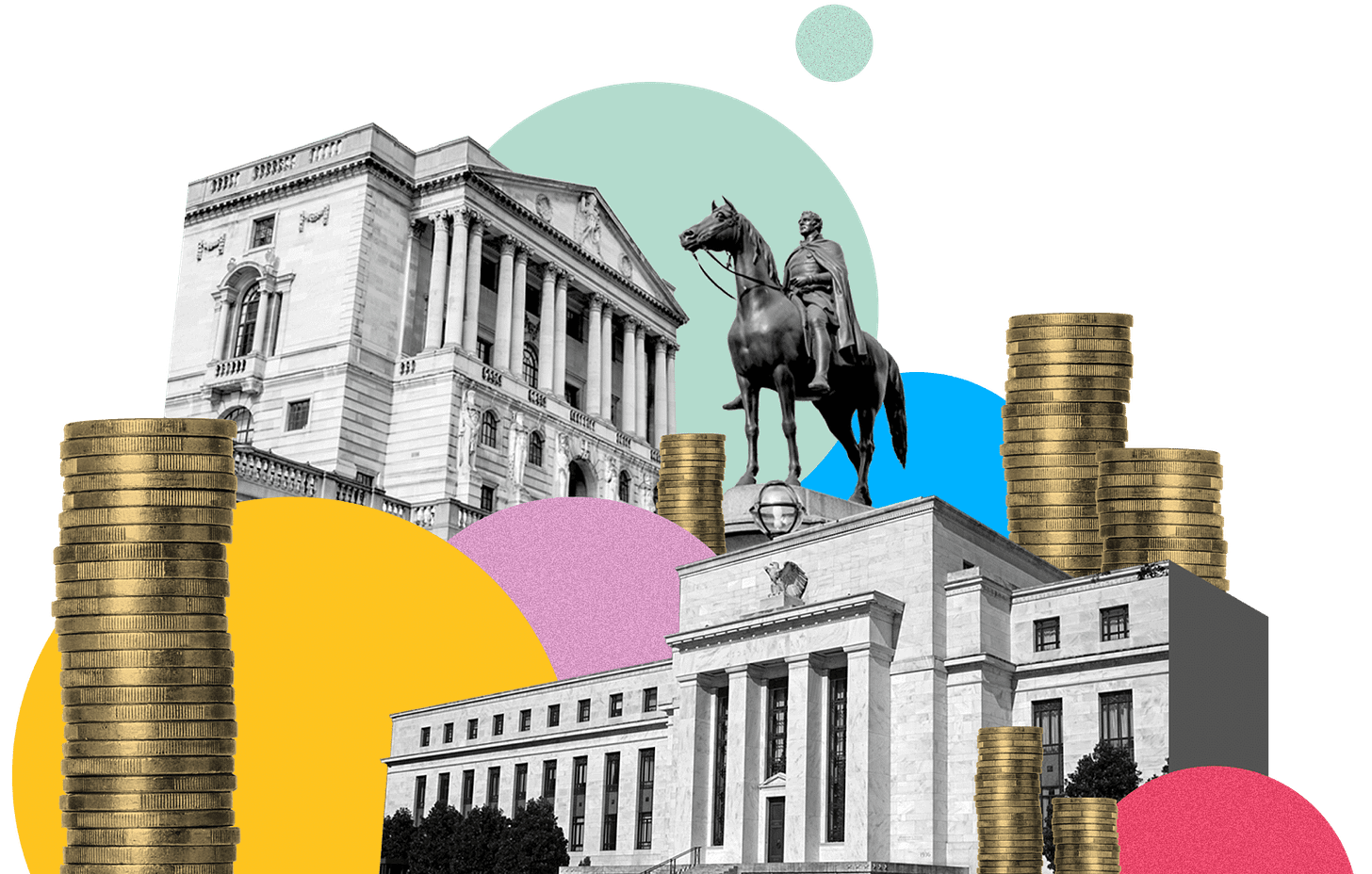We could be at an inflection point. I don’t want to raise the alarm for nothing. There is an emergency Fed meeting scheduled for tomorrow. In my memory so far, the Fed has never held an emergency meeting to raise rates higher but has held many meetings to lower the rates. That doesn’t mean tomorrow’s meeting is to lower rates or introduce QE. I see zero possibilities of that, but I think the Fed is really worried about some systemic risk.
There has been a lot of rumor and chatter about Credit Swisse and Deutsche Bank on social media. Their credit default swaps have been trading to GFC levels. Remember, even when Lehman rumors surfaced everything didn’t break down in a day. It all happened over a period of time and finally, Hank Paulson decided not to bail out Lehman.
I think many of us have not understood the significance of the Bank of England’s announcement that it would start buying GBP 65 bio in UK public debt. It is an about turn from its previous announcement to drain liquidity in hopes of getting inflation under control. It is like deciding to cross a river halfway and then turning back in the other direction.
With the BOE now in QE, out of the five major central banks, three of them are in QE (BoE, BoJ, and PBOC). Only ECB and Fed are entertaining the thoughts of QT but I wouldn’t be surprised if they turned their back on QT too.
The BOE action is very telling and it makes a statement on behalf of all the other central banks. A major central bank has shown its willingness to reverse course in the face of the slightest provocation from leading market players. So the fight against inflation is contingent. If there are real storms brewing or perceptions of storms, the central banks are ready to open up the monetary and fiscal spigots and bail out any major market players, even if that results in higher inflation.
One thing we have learned over the many years is that central bank actions are highly correlated and coordinated throughout the world. The US, UK, and the EU were attempting to do the same thing together at the same time. Now the UK has blinked.
The BOE response is a major departure from policies in the US and EU. For one moment I do not doubt that the UK did this without consulting with the FED. It is also likely that the FED gave them the green signal to do what they had to do.
We are all in this together for the fight against inflation, but you simply cannot allow public-sector pension funds to go belly up.
Will the Fed also crack up before the end of the year? It is very possible. So far the jawboning has outstripped the reality. The policy is one thing but when they are faced with the market reality they are willing to throw out everything that was discussed before.
Currently, the market is positioned for a rise in rates by 75 basis points in Nov and another 50 basis points in Dec 2022. But Powell said that there’s a fairly large group inside the FOMC who see only 100 basis points of a hike this year. Don’t think Powell wants to have a fight with the larger group. His reference to a 0.75% rate hike in November is to set expectations and keep his options open based on the inflation figures that we will get on 13th Oct. It’s a game. If Powell sets up the market for .75 % and delivers only .50 % that’s likely to be a catalyst for a stock market rally.
Be mindful of Q3 earnings that will start by mid-month. That should give us a gauge of how companies are weathering inflation and a gradual slowing of the economy. So far we have not seen an example of a successful exit of QE. There have been only attempts and it has only led to more control and more intervention by central banks over markets.
The question is have the central banks lost credibility as the market this time can test them in all three major asset classes? Bonds, Equities, and Currencies. We are at such a point.
So far whenever that has happened and when the biggest and most powerful central banks in the world have decided to coordinate and cooperate (Fed, ECB, BoJ, BoE, SNB, BoC, RBA) they have not lost it.
How long can this continue or what is the end game? That will be our biggest point of discussion when all this will lead to a coordinated rest of global debt, and a new monetary system.
If you received value from this post, and you’d like to send some back, or if you’d like to signal to me to continue spending time on these types of explorations, feel free to buy me coffees (thank you!):
So, there we go. Thanks for reading Breezy Briefings. If you enjoyed this, I'd really appreciate it if you could take a second and tell a friend. Honestly. It makes such a big difference.
Forward this email. Recommend the newsletter. Share on Twitter, WhatsApp, Telegram, LinkedIn, Slack, wherever!
Join Breezy Briefings’ Official Telegram Channel: https://t.me/BreezyBriefings
Abraham George is a seasoned investment manager with more than 40 years of experience in trading & investment and multi-billion dollar portfolio management spanning diverse environments like banks (HSBC, ADCB), sovereign wealth fund (ADIA), a royal family office, and a hedge fund.



